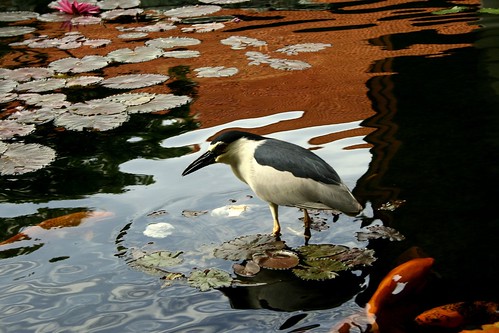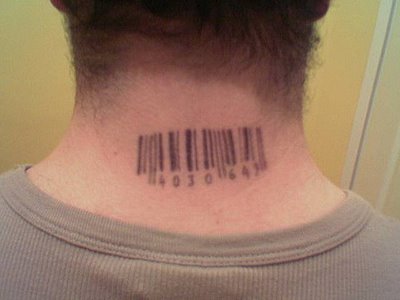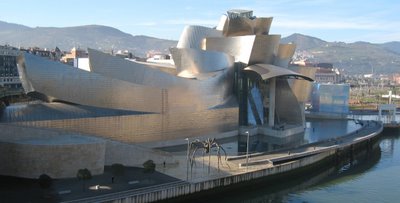Opportunistic hypocrites
I'm really sick of John Howard spruiking nuclear power as the panacea for global warming. It is sheer hypocrisy for him to now condemn those of us who oppose nuclear power and uranium mining as not being serious about, or wanting to everything possible, about global warming when he has been responsible for the most damaging policy of denying global warming and ham-stringing efforts to cut Australia's greenhouse gas emissions.
 From outright denial, to spiking Australia's support for the Kyoto Protocol, to foot-dragging, to his recent opportunistic conversion to 'climate change', and now advocating nuclear power at the expense of renewable energy, Howard's track record on dealing with global warming would be pitiful if it weren't so dangerous.
From outright denial, to spiking Australia's support for the Kyoto Protocol, to foot-dragging, to his recent opportunistic conversion to 'climate change', and now advocating nuclear power at the expense of renewable energy, Howard's track record on dealing with global warming would be pitiful if it weren't so dangerous. It appears that where big oil is the industry ham-stringing America's capacity to effectively deal with global warming, uranium and nuclear interests are trying to call the shots over Australia's response. I certainly believe that it was no coincidence that Howard announced his inquiry into the viability of expanding uranium mining and developing a nuclear power industry in Australia months after meeting with mining magnates and with businessman and Liberal Party stalwart Ron Walker over their plans to establish a company to explore developing nuclear power generation.
Howard's credibility certainly took a beating from the Opposition's repeated questioning of the PM over his discussions with the businessmen over their plans to explore the potential for uranium mining. How much clearer can it get that Howard's policy direction is dictated by his rich business mates – whether from media, mining, or the uranium-nuclear industry.
(It is worth seeing how Howard will balance the demands of the coal mining/power interests, whom he has volubly supported, against the nuclear lobby.)
While it is the Coalition's backbenchers who are running around like chooks saying that they didn't want nuclear reactors in their electorates, Environment Minister Turnbull is claiming the Opposition is running a scare campaign on nuclear power. A bit rich, don't you think?
It is clear to me that Howard is first and foremost interested in supporting the vested interests of industry, rather than helping to save our planet from the brink of disaster. He has acknowledged that his support for nuclear power has been on the record for a long time. Meanwhile, he has clearly been an opportunistic Johnny-come-lately over global warming. We now know clearly what has motivated him.
Howard's response when backed into a corner is to come out fighting, until we all get tired of this and go home. However, we need to remember why nuclear power is such a bad idea, so that we keep up the pressure and turn grassroots opposition to nuclear power into an election issue.
[Digital image by me, from a pic by Sprol that I've used before, used and created under creative commons licenses]
Labels: Australia, global warming, nuclear power, politics
Read more!





















